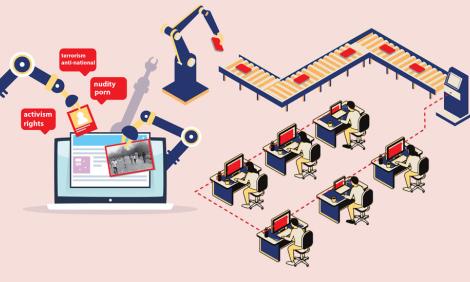
In depth
Are we any better at judging right from wrong? Automation in content moderation
Censorship has been replaced online by a system of content moderation controlled by companies, and these rely on both automation as well as human moderators employed to sift through content. The choice is not between the alleged neutrality of the impersonal machine and the errors and finiteness of human moderation, as both work in tandem.
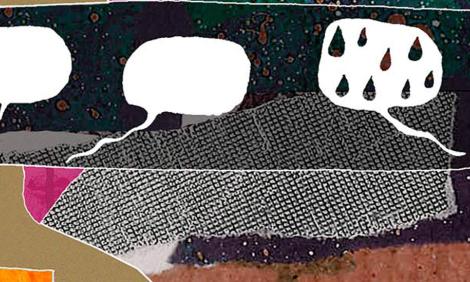
In depth
Doing standpoint theory
In this article about research with domestic workers and unions, we look at the implications of feminist methods of research and standpoint theory, and how feminist methods of research should seek to destabilise power hierarchies and dynamics.

Feminist talk
Sorry, we need to see a letter from an institution: Struggling as an independent researcher
The hallowed halls of academia, meaningless standards of rigour determine who can be a researcher. Would it be possible to truly undertake independent research outside of the aegis and agendas of institutions.
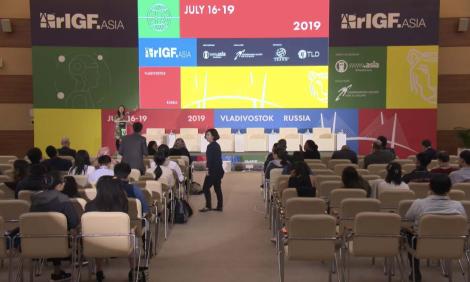
Feminist talk
Advocating for better ICT laws at the Asia Pacific Internet Governance Forum
The Asia Pacific Internet Governance Forum just completed in July 2019 and it took place in Russia. There were very few sessions that dealt with either gender or human rights and none that addressed sexuality. At one session there were discussions on the ICT related-laws and particularly on the broad and unclear provisions that deal with online censorship.

In depth
Private Parts: Obscenity and Censorship in the Digital Age
Between right-wing governments and corporate capture of online spaces, there are interesting shifts in how sexuality is censored and governed online and offline. This article looks at the reach and over-reach of laws related to obscenity and censorship in South Asia and the impact that has had on free speech around sex, sex work and sexuality.
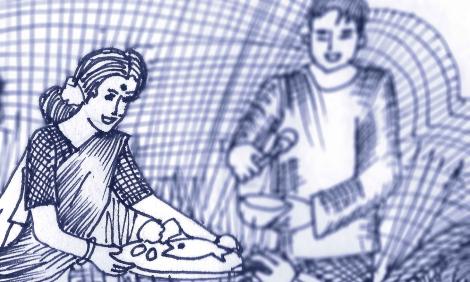
Feminist talk
Food for the social media soul: Why Indians viciously debate nutrition online
Food and in particular nutrition for children is a widely debated topic on social media, media and onground in India, and the reason for this is how caste plays a role. This article breaks down why the imposition of veganism or a savarna diet would harm children who are poor and do not have access to the same privileges as others.

In depth
Privacy, Personhood and Identity in Surveillance Societies
Privacy was initially understood simply as the right to be left alone. The increasing use of internet, social media, surveillance and algorithmic processing has however shifted the meanings of privacy, and here we explore the conceptual understandings of privacy and its links to autonomy, human dignity and self-determination.

Feminist talk
No Photos Please: Dating & Hooking Up Via Grindr And Notions of Self-Worth
The second in a series on queerness and privacy, this article explores the relevance of what is legally understood as privacy in the lives of queer people and communities living in the "global South". In this article, the contradictions between online dating for queer and gay people and the precarity of their daily lives is explored.
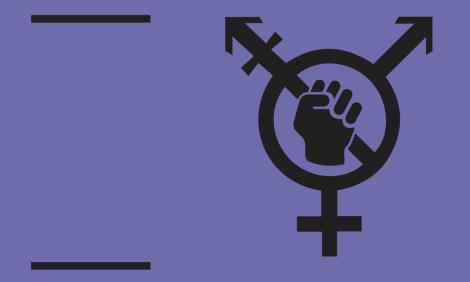
Publication
Gender and Privacy: From Oppression to Liberation: Reclaiming the Right to Privacy
A report that examines the overlapping concerns of gender, privacy, surveillance, and gender-based violence in Asia, Europe, Africa, Latin America, North America. The report raises issues including gender-based violence in the private sphere, rigid gender categories in identity programs its impact on trans people, etc.
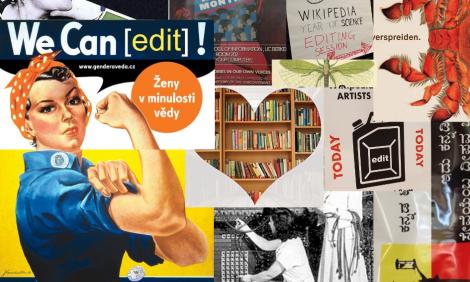
Feminist talk
Five tips for a successful edit-a-thon on gender
Do you want to organise an edit-a-thon around gender, women in STEM, movements and feminist histories of organising or anything else? Here are a list of (5 and more) things to watch out for - including the safety of your participants and how to navigate the tricky but sometimes essential rules of editing content on Wikipedia.




